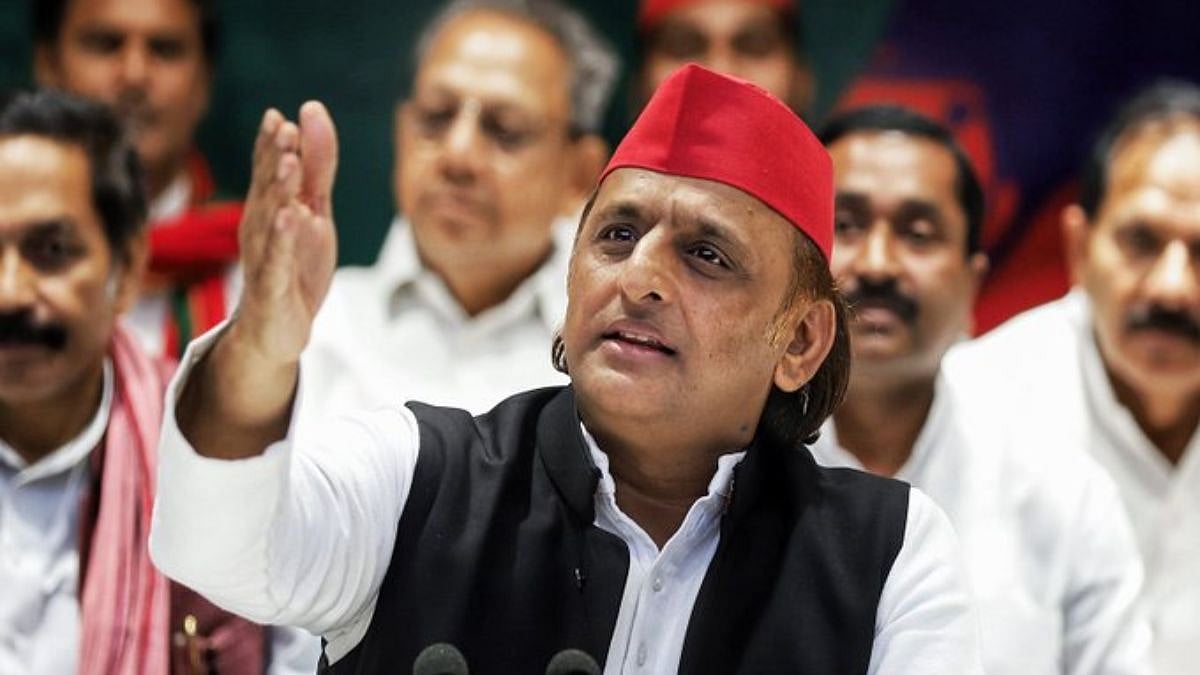Angina is defined as retrosternal chest pain/ pressure, burning or heaviness; radiating occasionally to neck, jaw, epigastrium, shoulder or left arm and it never radiates above the mandible or below the umbilicus. It is precipitated by exercise, cold weather or emotional stress and relieved by rest or sublingual nitrate. It lasts for 2-10 minutes.
Myocardial infarction (heart attack) is most severe form of this entity with sudden onset of chest pain which often is associated with shortness of breath ,weakness, nausea or vomiting. It usually lasts >/=30 minutes.
Dr Shishir Kumar Roul, ACHD, Cardiologist, Jagjeevan Ram hospital have answered some of the frequently ask questions by common man related to heart diseases. Moreover he has also provided difference between angina and heart attack which is always a question of debate.
1. Why a heart attack occurs?
Heart attack occurs when myocardial oxygen supply (blood supply to heart muscle) is inadequate compared to its demand (demand supply mismatch). It usually occurs in the setting of coronary atherosclerosis which leads to thickening or hardening of artery due to build up of fat, cholesterol, calcium etc in its lumen. When this plaque ruptures, ulcerates it can lead to acute heart attack.
It can also happen if a clot or thrombus occludes the artery or rarely spontaneous dissection of coronary artery may cause heart attack.
2. Can I get a heart attack even if I have normal coronary artery?
Yes a normal coronary can give rise to heart attack when there is spasm, embolism or inflammation of artery but these are rare.
3. What are the symptoms of heart attack?
The most common symptom is chest pain. The other important symptoms are breathlessness, tiredness, easy fatigability, syncope, presyncope, cold sweat, nausea, vomiting, light-headedness etc. Silent Heart attack is also not uncommon which is often noticed in old patients with disease like diabetes, depression and immune compromised patients. Females are more sufferers.
4. Which patients are more prone to heart attack?
Heart attack is more prone in patients who are having risk factors. These risk factors are classified as non-modifiable and modifiable.
Non modifiable risk factors are age, sex, race, family history of heart disease, genetic abnormality. On the other hand some risk factors like hypertension, diabetes, dyslipidaemia, obesity, smoking, lack of physical exercise, improper diet habits, tobacco chewers etc are Modifiable.
6. Some patients die even before reaching hospital and some get cured even when they reach hospital late, why?
The clinical outcome of heart attack depends upon severity of disease which depends upon which artery is diseased and how severe the blockade is and whether the other complications of heart attack is present or not. If the major artery is involved and there is total occlusion or some complications like arrhythmia, heart muscle rupture, leaking of valve, it may give rise to fatal outcome even within seconds to minutes. Therefore, it is urged that all heart attacks should be treated as massive and needs an urgent qualified doctors' attention.
7. What should be my first response if I suspect I have an attack?
Keep in mind a heart attack has high, but not 100% mortality rate. So react intelligently. Your pain may be as simple as acidity or as severe as heart attack or aortic dissection. Even if you have massive heart attack don’t panic as your anxiety may increase your heart rate inappropriately which may be harmful. The most important and quick action you need to do is rush to a hospital to consult a qualified doctor.
8. What is my time ultimatum which is safe for my heart?
As I told the severity and rate of progression of disease depends upon the artery which is involved but in all form of disease TIME IS THE MUSCLE. Permanent damage of heart muscle can occur after 48 hours. When your heart muscle is in danger with 100% or near 100% occlusion of artery the only treatment is to open the artery either by medication (thrombolysis) or by angioplasty with or without stent and first hour is said golden hour. Though primary angioplasty has best outcome but, in our country, thrombolysis is more feasible which can be done within 10 minutes even if inside an ambulance.
9. Role of sublingual tablet in emergency?
Sub lingual nitrate tablet is helpful as it decreases your pain of heart attack though it can further decrease your BP. If someone has experienced the benefit of sublingual tablets earlier he or she can take this tablet more safely. One warning note for patient who takes sildenafil tablet for erectile dysfunction must not take this tablet along with sildenafil.
10. Role of Aspirin in heart attack?
It is an important medication for any form of heart attack and should be used though there are rare conditions where we should avoid it.
11. Heart failures and silent attacks are happening way too often, even in the 20s & 30s age bracket. What are the possible reasons for this?
Data from multinational studies suggest that heart attacks occur almost a decade earlier in South Asians as compared to the western population. Genetic factors contribute to earlier occurrence of heart attacks in Indian population. The temporal change in the trend over past years is attributable to the temporal changes in the lifestyle. Sedentary lifestyle, stressful jobs, increased prevalence of smoking, increased consumption of sugar sweetened beverages and fast food are some of the contributors to this.
12. What are the preventive measures one needs to take in their 20s & 30s to avert such a situation?
One should not ignore health when young. Tobacco consumption is one of the most important contributors to heart problems at young age and Cessation of tobacco consumption in any form is the single most important intervention at reducing risk of heart attack. Care also needs to be taken to incorporate healthy lifestyle in daily routine at an early change. Ideal BP below 120-140/ 80-90 mmHg, bad cholesterol (LDL) <100 mg% & good cholesterol not less than 40 mg%. Keep your sugar and your weight under control. One should be physically active; it is recommended to perform aerobic at least 150 minutes of moderately intense exercise each week.
13. What changes must one make to eating habits and lifestyle to keep the heart young?
Consumption of sugar sweetened beverages (aerated drinks, packed juices etc) should be minimized to as low as possible. Intake of fast food and processed foods should also be avoided. Increasing fruit and vegetable content of diet is inarguably helpful.
A serving of nuts everyday also improves cardiovascular health by providing essential minerals and fatty acids. Physical activity is equally important as dietary changes, and one should refrain from a sedentary lifestyle on a day-to-day basis.
Decreasing mental stress is also an important part of the lifestyle management. This can be brought through exercise, yoga or other mental relaxation techniques.
14. Any other way simple tips so that heart attack can be prevented.
Seven “S” is to be remembered for a healthy heart. SALT- low salt (no added salt in daily diet). SATURATED Fat (avoid ghee, butter, coconut oil, palm oil etc. STRESS (control if not avoidable)- remember the effect of anger is more harmful than the cause of anger and NOTHING is PERMANENT in this globe. SLEEP- we should have 6-8 hours of sound sleep. SEDENTARY life- be active by doing exercise around 150 min/ week. SMOKE-NO SMOKE. SUGAR- control your sugar .
15. Your advice on alcohol intake. I am confused.
Recent studies showed any amount of alcohol intake is bad for heart. So no confusion. NO alcohol.
16. Final word on heart attack.
Everyone has risk of getting heart illness, however we should not buy it in the form of modifiable risk factors. 80% of heart attack can be prevented. There should be awareness among people about the symptoms of heart attack and its preventive measures. One should have regular health check-up and control of all modifiable risk factors. We all should know how to perform correct CPR, which sometimes gives some hopes before we reach a qualified doctor. Prevention is better than cure. So USE HEART, KNOW HEART to save your heart as someone somewhere is waiting and living for you.
The World Heart Day was observed on September 29.





